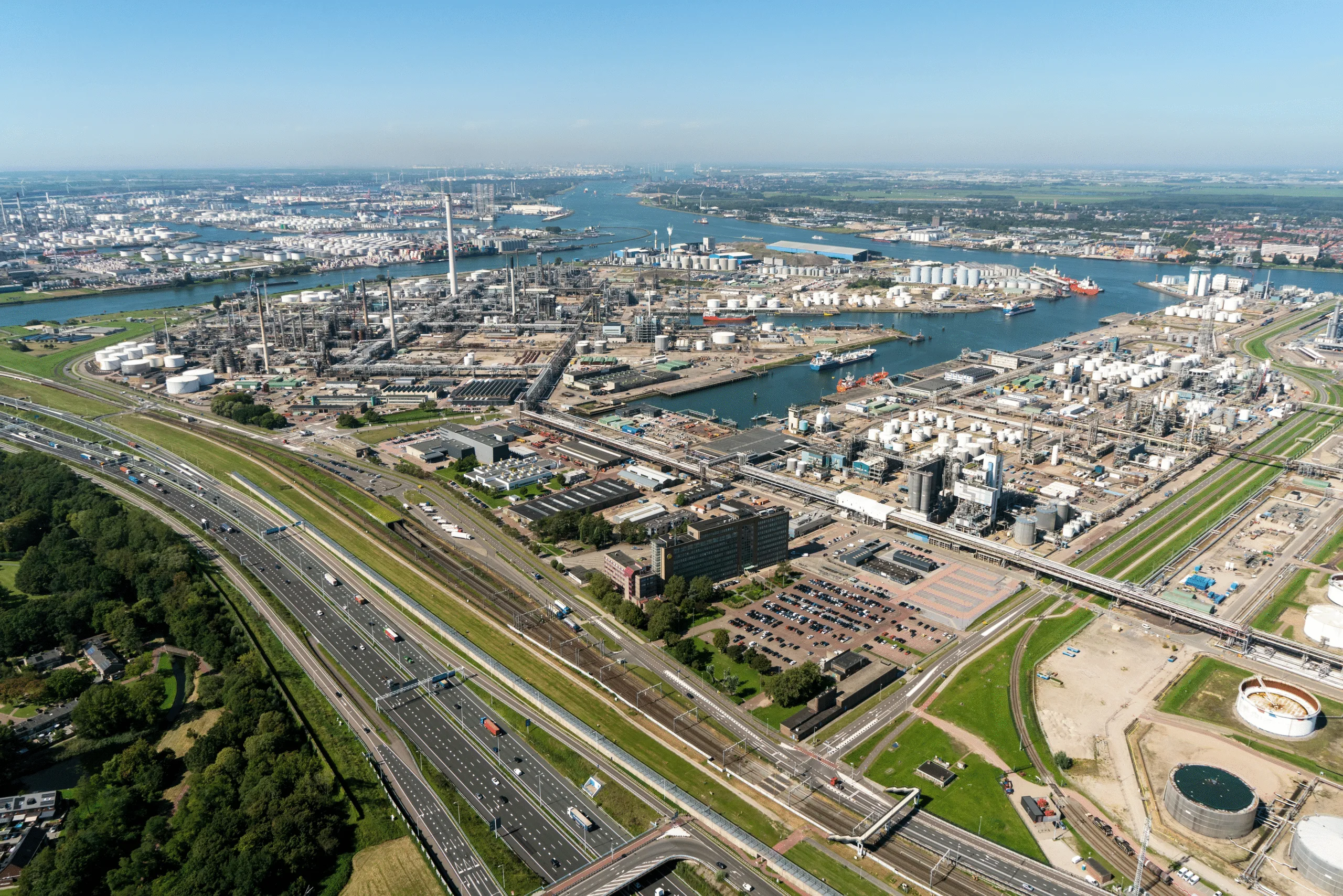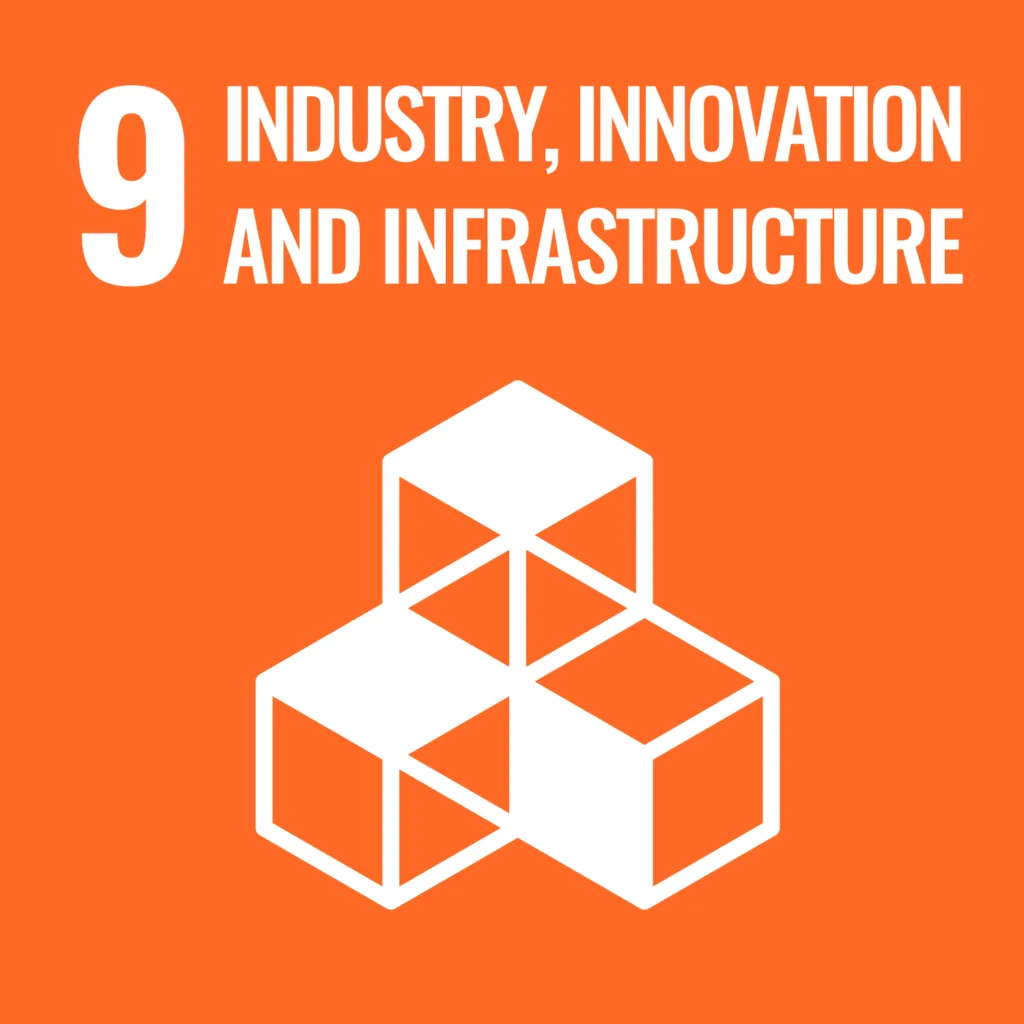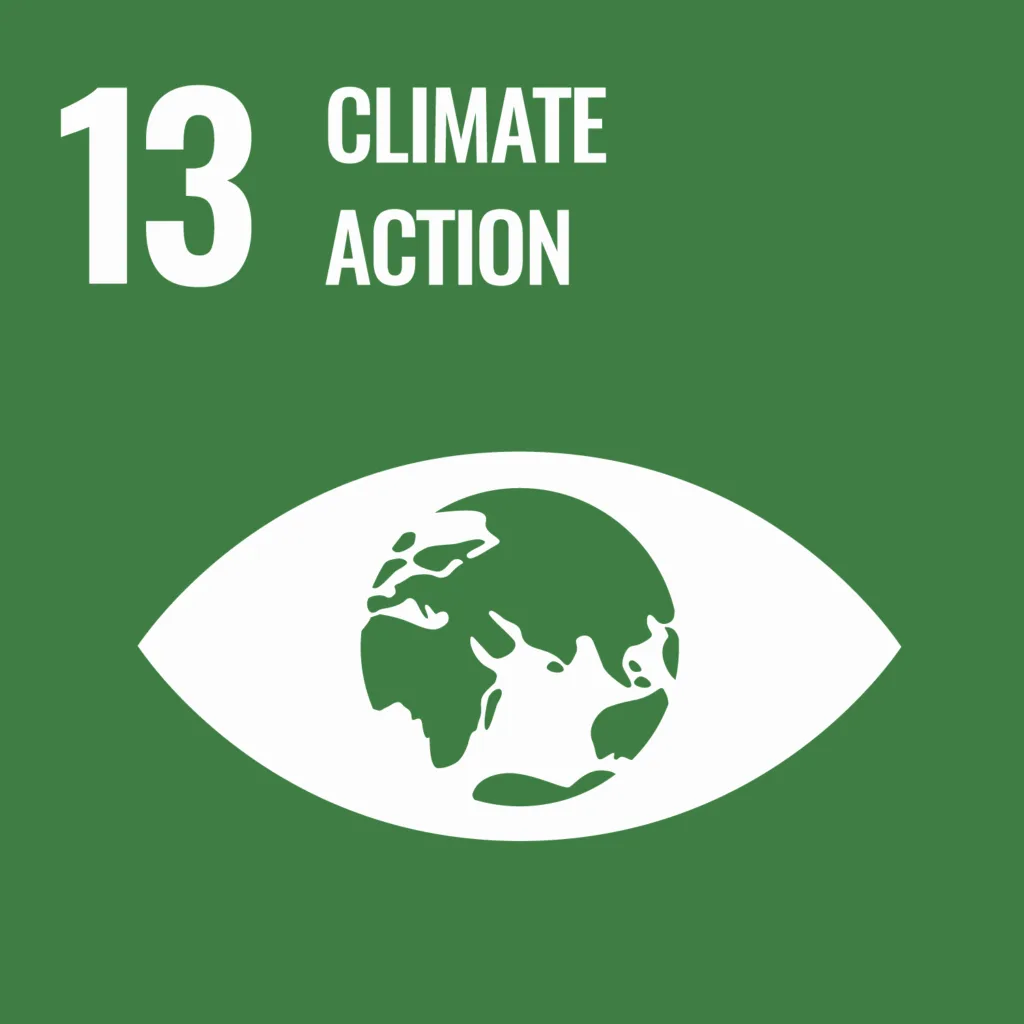Imagine a future where factories not only capture their CO2 emissions but also turn them into useful products. Esso Nederland BV is making this vision a reality and has launched a pilot plant at its Rotterdam Manufacturing Complex to test carbonate fuel cell (CFC) technology. Developed in collaboration with FuelCell Energy, this innovative approach aims to drastically cut CO2 emissions from key industries. The pilot will collect data on the performance and operability of CFC technology, address potential technical issues, and evaluate the costs of carbon capture implementation.

Carbonate fuel cells have a unique ability to capture CO2 before it escapes into the atmosphere. But that’s not all – it also produces low-carbon power, heat, and hydrogen. This dual function boosts the efficiency of carbon capture and provides additional value streams, making the whole process more cost-effective. The modular nature of CFC technology allows for scalable deployment across various industries, potentially offering an economical solution for widespread decarbonization and advancing the goal of a net-zero future.
If successful, ExxonMobil plans to roll it out at other sites globally, marking a significant step towards cleaner industrial operations. The project, co-funded by the European Union and the Netherlands Enterprise Agency, could revolutionize how industries approach carbon capture and contribute to a net-zero future.
Advanced recycling also results in lower greenhouse gas emissions when processing plastic waste than when processing the same amount of fossil-based feedstocks, according to a cradle-to-gate carbon footprint assessment by Sphera, a sustainability consulting group for life cycle assessments.














